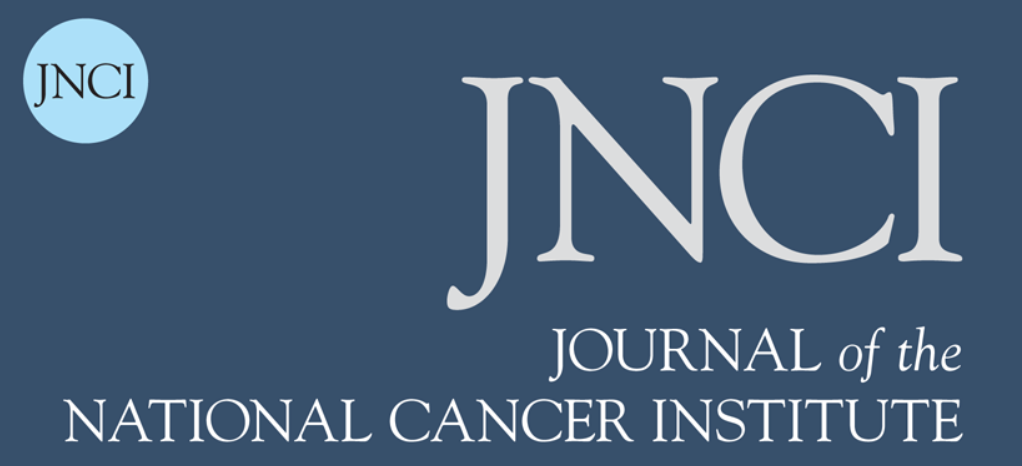Peterse EFP, Meester RGS, Jonge LDe, Omidvari A-H, Alarid-Escudero F, Knudsen AB, Zauber AG, Lansdorp-Vogelaar I. Comparing the cost-effectiveness of innovative colorectal cancer screening tests. Journal of the National Cancer Institute, 2021;113(2):154-161.
Published in:

Abstract
Objectives
Colorectal cancer (CRC) screening with colonoscopy and the fecal immunochemical test (FIT) is underused. Innovative tests could increase screening acceptance. This study determined which of the available alternatives is most promising from a cost-effectiveness perspective.
Methods
The previously validated Microsimulation Screening Analysis-Colon model was used to evaluate the cost-effectiveness of screening with capsule endoscopy every 5 or 10 years, computed tomographic colonography every 5 years, the multi-target stool DNA test every 1 or 3 years, and the methylated SEPT9 DNA plasma assay (mSEPT9) every 1 or 2 years. We also compared these strategies with annual FIT screening and colonoscopy screening every 10 years. Quality-adjusted life-years gained (QALYG), number of colonoscopies, and incremental cost-effectiveness ratios were projected. We assumed a willingness-to-pay threshold of $100 000 per QALYG.
Results
Among the alternative tests, computed tomographic colonography every 5 years, annual mSEPT9, and annual multi-target stool DNA screening had incremental cost-effectiveness ratios of $1092, $63 253, and $214 974 per QALYG, respectively. Other screening strategies were more costly and less effective than (a combination of) these 3. Under the assumption of perfect adherence, annual mSEPT9 screening resulted in more QALYG, CRC cases averted, and CRC deaths averted than annual FIT screening but led to a high rate of colonoscopy referral (51% after 3 years, 69% after 5 years). The alternative tests were not cost-effective compared with FIT and colonoscopy.
Conclusions
This study suggests that for individuals not willing to participate in FIT or colonoscopy screening, mSEPT9 is the test of choice if the high colonoscopy referral rate is acceptable to them.